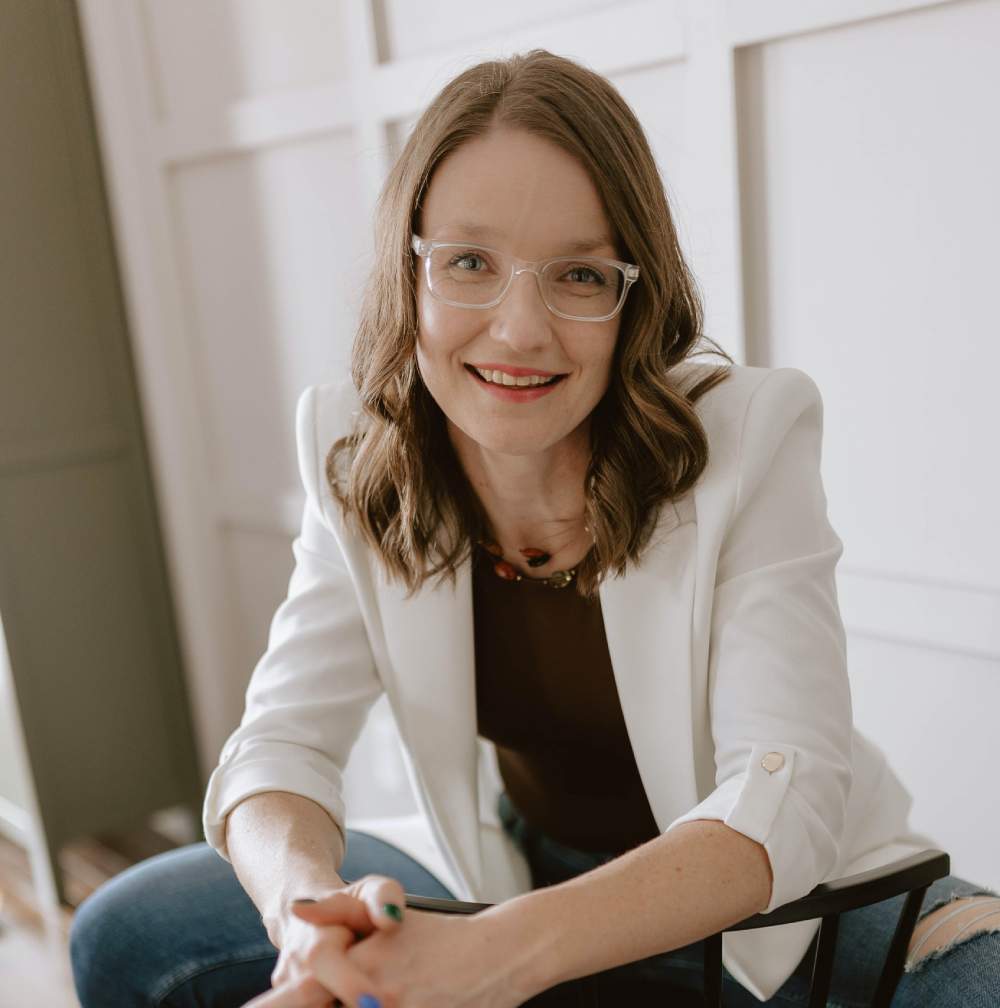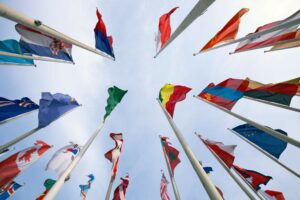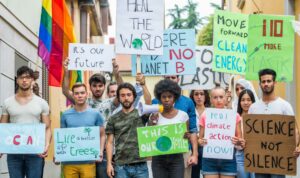HEC Montréal students apply their business skills while advancing sustainable business in a struggling community. Instructors share lessons learned.

Dr. Marlei Pozzebon and Dr. Luciano Barin-Cruz are professors at HEC Montreal, a business school in Quebec, Canada.
They describe their service learning program in Brazil:
HEC Montreal offers student exchange opportunities in five countries through its International Campus program. The International Campus program in Brazil, however, is unique from HEC programs in other countries, as service learning and responsible business are at its core.
Pozzebon and Barin-Cruz first led students to the village of Jericoacoara, Brazil in 2010. Their team now works closely with a local community group to plan and implement responsible business projects. Students thus have the opportunity to apply their business skills while advancing sustainable business in a struggling community.
Each year, a new group of students travels to Brazil for two weeks. Students undergo pre-departure training. Upon their return, they participate in a debrief session and submit a final report on their work and its expected impact. Through the program, students earn three credits towards their degree.
The service learning pedagogy employed in the course is founded on four pillars:
-
Reality: Learning should reflect real societal issues.
-
Reflection: Reflection increases retention. The program includes structured daily discussions, which allow students to reflect on concepts, challenges and learnings.
-
Reciprocity: Traveling should be beneficial for travellers and local communities alike.
-
Responsibility: Exposure to communities in need creates awareness in students and builds a sense of responsibility.
Community Projects
Three projects are currently underway in Jericoacoara:
-
Waste diversion: Jericoacoara is located within a national park, far from the nearest city. Solid waste pickup and disposal are unavailable, so waste management is a challenge. Because 50-60% of the waste is organic, the HEC team and a local community group are working to collect and compost organic waste. The compost will provide fertilizer for a community garden and the produce grown will be sold to local restaurants.
-
Communitarian tourism: Tourists often want to experience the local lifestyle when they travel. The HEC team is working with a Brazilian travel agency to launch a tourism program that will allow travellers to stay with families, eat traditional meals and participate in community activities. The program will also be marketed to youth interested in international volunteering. The HEC team is working with local schools and hospitals to identify areas of need and place qualified volunteers.
-
A market for artisans: A women’s association in Jericoacoara has been selling artisan crafts to tourists since before HEC’s arrival. The women, however, lack the skills to market their goods effectively. The HEC team is working with the association to develop a marketing plan, including creating a market for the artisan goods in Montreal.
Benefits of the Service Learning Program
Pozzebon and Barin-Cruz share the positive outcomes service learning has had for students, the community of Jericoacoara and themselves:
-
Projects bearing fruit: While the community projects are still early in development, they have already begun to bear fruit. Early outcomes include:
-
Changing student thinking: After participating in the service learning program, students feel that something significant has changed in their lives. They think differently about social problems and Pozzebon and Barin-Cruz hope this will translate to societal awareness and engagement when students become managers.
-
Community uptake and ownership of projects. For example, the village’s mayor has donated land to support the waste diversion project and a local travel agency has begun promoting communitarian tourism.
-
A website to market artisan goods in Montreal. The website is nearly complete.
-
-
Personal satisfaction: Building a service learning program requires countless hours of relationship building, planning and execution. For Pozzebon and Barin-Cruz, the personal satisfaction of seeing a community develop and students find their passion is enough to make the effort worthwhile.
Advice for Running a Service Learning Program
Pozzebon and Barin-Cruz offer advice for centres considering a service learning program.
-
Be prepared: If you’re starting a new program, try to work in a country you’re familiar with. Having local knowledge, including language and customs, how to get around and who can help you advance your project, will pay major dividends.
-
Co-create with the community: Community engagement is critical to the success of service learning projects. The community must participate in all stages of the project, from problem identification to solution implementation. Without participation, no one on the ground will be committed enough to lead the project.
-
Select students carefully: Participating students must be flexible, with high tolerance for uncertainty and passion for discovering new things. If students aren’t able to adapt quickly and meet local needs, they can jeopardize project success.
More Information
For more information, contact Luciano Barin-Cruz or Marlei Pozzebon.



Add a Comment
This site uses User Verification plugin to reduce spam. See how your comment data is processed.This site uses User Verification plugin to reduce spam. See how your comment data is processed.